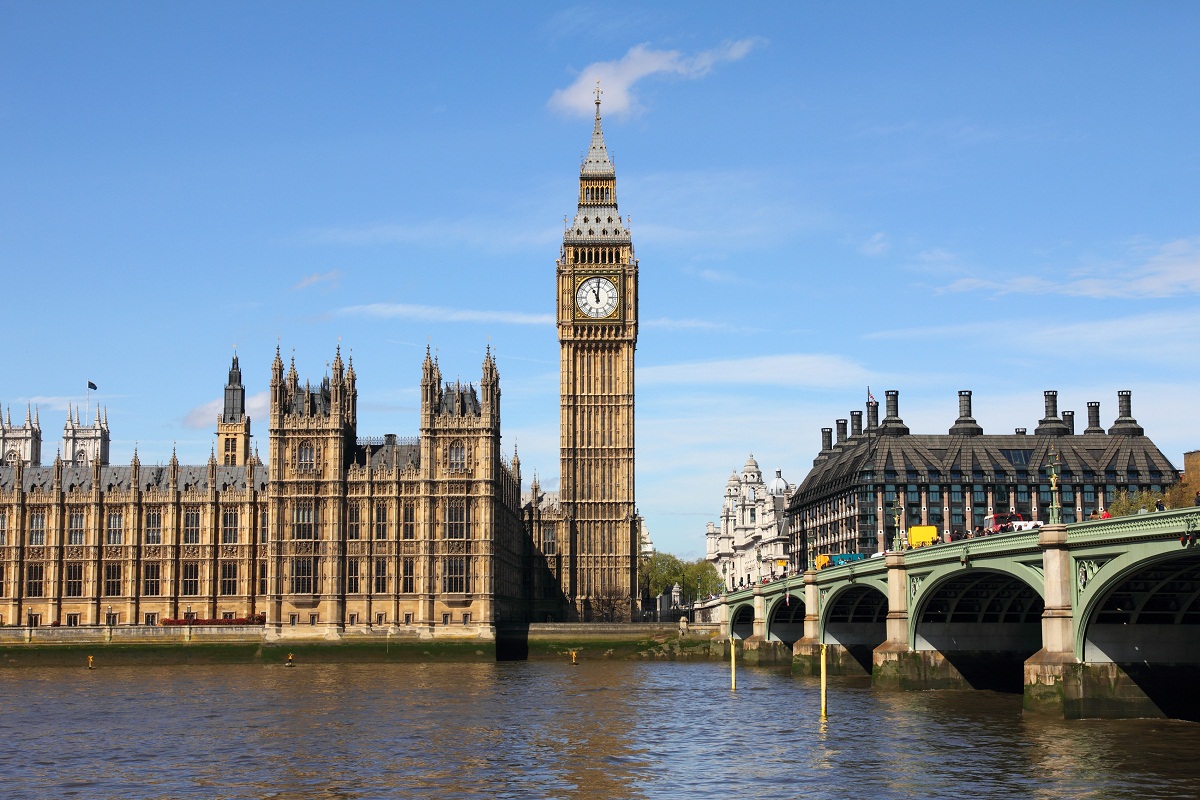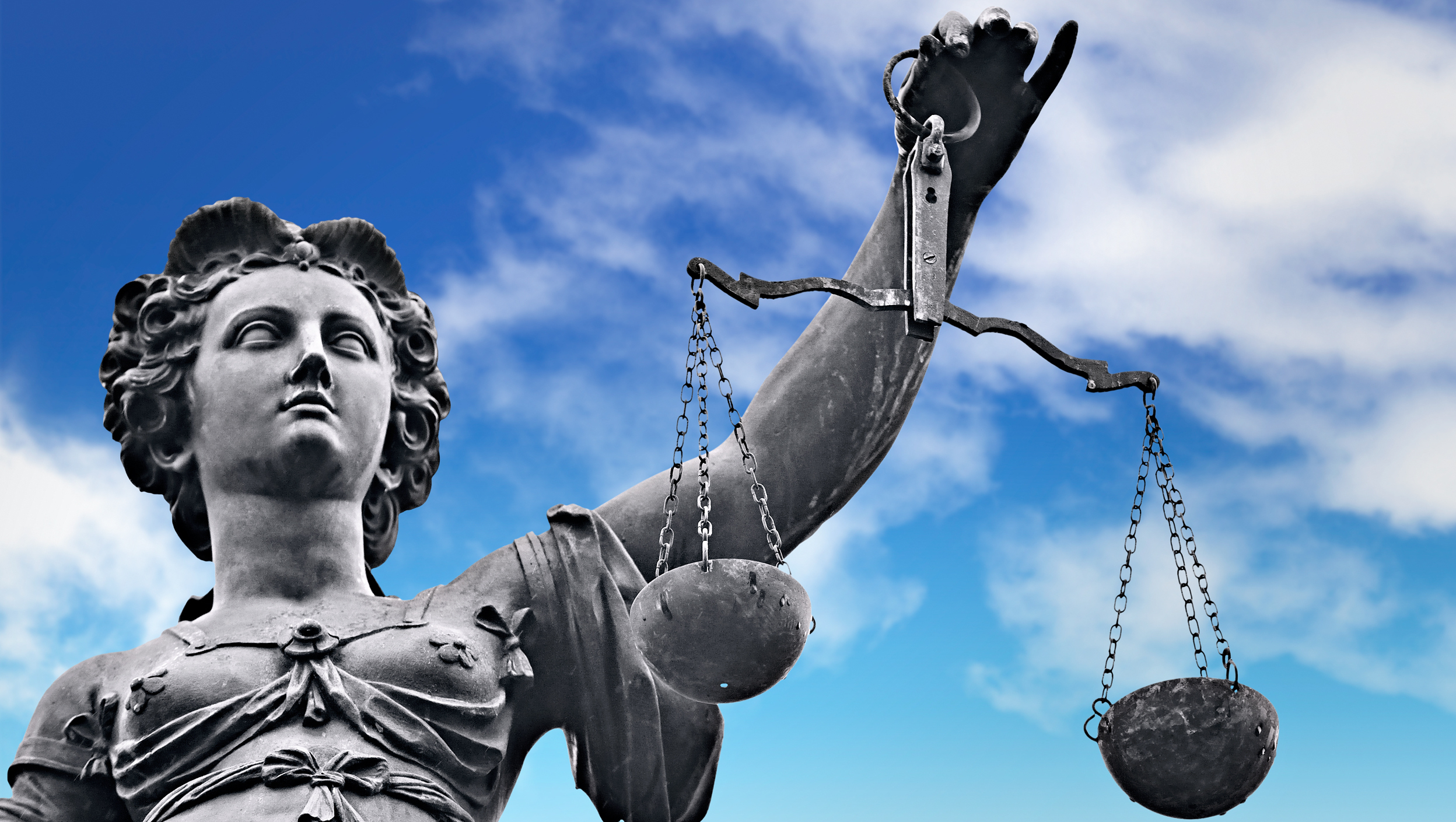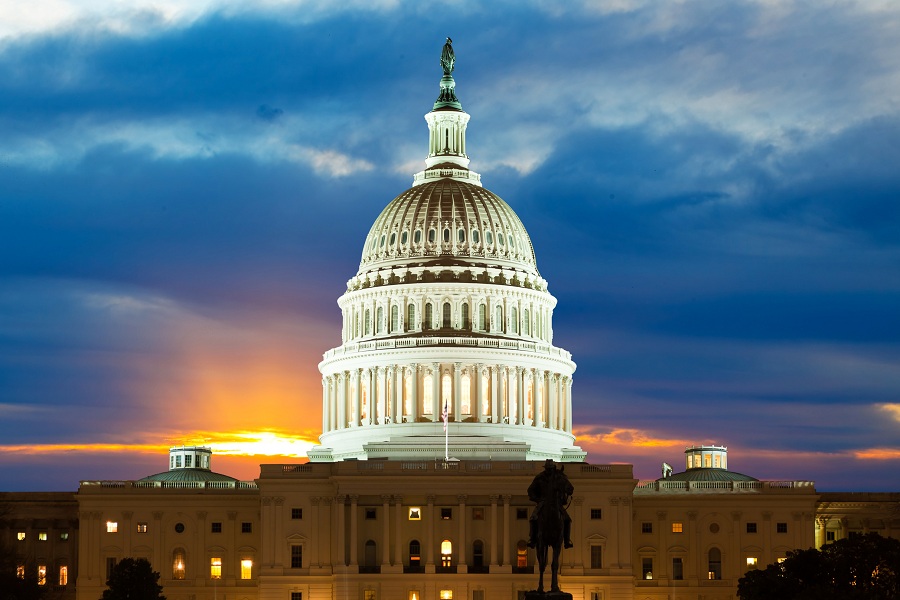Should the internet be regulated?
Privacy campaigners urge greater focus on privacy in response to web legislation


Amid government attempts to regulate the internet more closely, privacy campaigners yesterday debated how to balance privacy and data protection with regulation.
Legislation like the Digital Economy Act and the Investigatory Powers Act show the government's actions to monitor people's web activity more closely. Many civil organisations, such as Liberty and the Open Rights Group, have fought against these new laws, which they believe restrict citizens' digital freedoms. In the debate, three individuals from different organisations gave their opinion on internet regulation in general.
Clive Stafford Smith, a lawyer at human rights organisation Reprieve, told attendees of Lush's Creative Showcase that he does not believe in regulation at all.
He disagreed with the government's stance on backdoors to encryption after prime minister Theresa May and home secretary Amber Rudd repeatedly attacked messaging encryption. Previous versions of the Investigatory Powers Act had proposed backdoors to encryption, but this was eventually dropped from the bill that passed Parliament in late 2016. Stafford Smith said:"[It's] monumentally stupid to agree with Amber Rudd and Theresa May that 'you have nothing to hide so why should you care?'"
Stafford Smith stressed that the UK should protect people against the abuse of their personal information.
Renate Samson, from privacy campaign group Big Brother Watch, said there needs to be some form of regulation as the internet "is a parallel, a mirror of our lives", but argued that the government has overstepped its authority with the Digital Economy Act, which will change how our data is shared with government departments to allow ministers to share citizens' personal information without permission.
Samson said citizens don't have the same protections online as they do in the physical world, and said: "Now we need to start having those protections."
Get the ITPro daily newsletter
Sign up today and you will receive a free copy of our Future Focus 2025 report - the leading guidance on AI, cybersecurity and other IT challenges as per 700+ senior executives
Nikki Maksimovic, who works at search engine Ecosia, said that internet regulation exceeds all geographic borders, but differs greatly from country to country. "China is doing one thing, Russia is doing another thing" she pointed out. "How do you start to come to an agreement?"
She added: "It's really difficult to talk about legislation and maybe, going smaller, what can Europe do?" Maksimovic pointed to Estonia, where each citizen has an online identity called an e-Residency. "You basically have your identity and can't be defrauded. You're connected to the government in a way that is secure and works pretty well. They will open source all this technology and are kind of fighting for the rest of Europe to follow suit and it's not really happened."
Samson claimed that the UK's Government Digital Service (GDS) had engaged with the Estonia model for a really long time "and yet they didn't appear brave enough to adopt it".
She underlined that there was a risk, since you need an identity number, but the reason why it wasn't adopted was because the government "are required to inform you of every time they access your data, and why. And our government aren't brave enough to do that".
Zach Marzouk is a former ITPro, CloudPro, and ChannelPro staff writer, covering topics like security, privacy, worker rights, and startups, primarily in the Asia Pacific and the US regions. Zach joined ITPro in 2017 where he was introduced to the world of B2B technology as a junior staff writer, before he returned to Argentina in 2018, working in communications and as a copywriter. In 2021, he made his way back to ITPro as a staff writer during the pandemic, before joining the world of freelance in 2022.
-
 Women show more team spirit when it comes to cybersecurity, yet they're still missing out on opportunities
Women show more team spirit when it comes to cybersecurity, yet they're still missing out on opportunitiesNews While they're more likely to believe that responsibility should be shared, women are less likely to get the necessary training
By Emma Woollacott
-
 OpenAI's new GPT-4.1 models miss the mark on coding tasks
OpenAI's new GPT-4.1 models miss the mark on coding tasksNews OpenAI says its GPT-4.1 model family offers sizable improvements for coding, but tests show competitors still outperform it in key areas.
By Ross Kelly
-
 UK oversight bodies 'were not aware' of spies' data-sharing
UK oversight bodies 'were not aware' of spies' data-sharingNews Privacy International finds documents alleging widespread GCHQ data-sharing occurred without safeguards
By Zach Marzouk
-
 Investigatory Powers Tribunal escalates lawsuit to the EU
Investigatory Powers Tribunal escalates lawsuit to the EUNews Tribunal notes that scrapping bulk data collection could 'cripple' UK spy agencies
By Dale Walker
-
 Liberty wins right to challenge Snooper’s Charter
Liberty wins right to challenge Snooper’s CharterNews Campaign group's crowdfunded challenge gets High Court go-ahead
By Rene Millman
-
 New tool masks your search habits from data harvesting ISPs
New tool masks your search habits from data harvesting ISPsNews 'Internet Noise' is able to flood your search history with junk terms to throw off snooping advertisers
By Dale Walker
-
 The government needs to abandon its war on WhatsApp
The government needs to abandon its war on WhatsAppOpinion Encryption might seem like an easy target, but mess with it at your peril
By Adam Shepherd
-
 “Deeply misguided”: tech industry rejects Rudd’s attack on encryption
“Deeply misguided”: tech industry rejects Rudd’s attack on encryptionAnalysis Experts warn that banning encryption leaves UK open to hackers
By Adam Shepherd